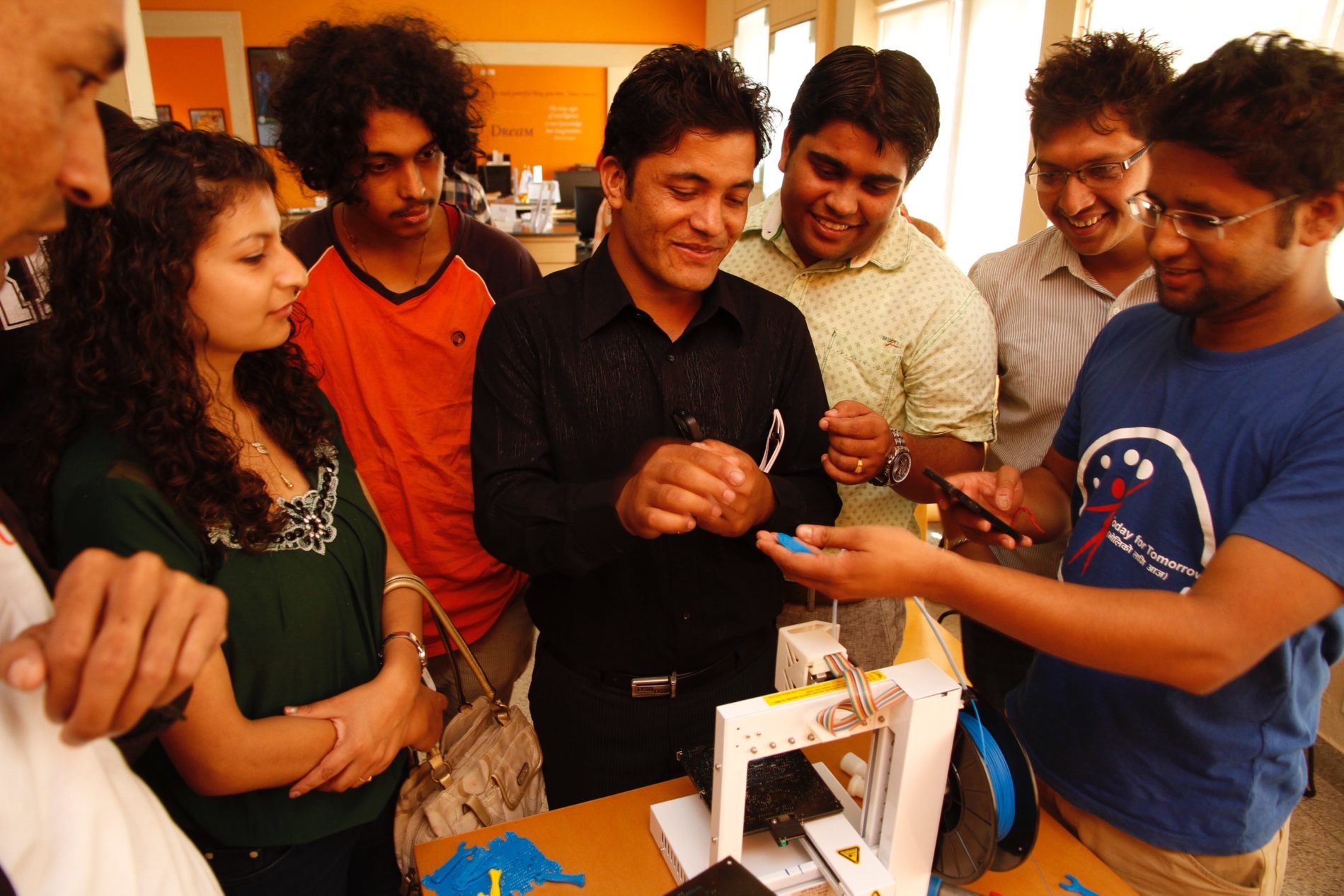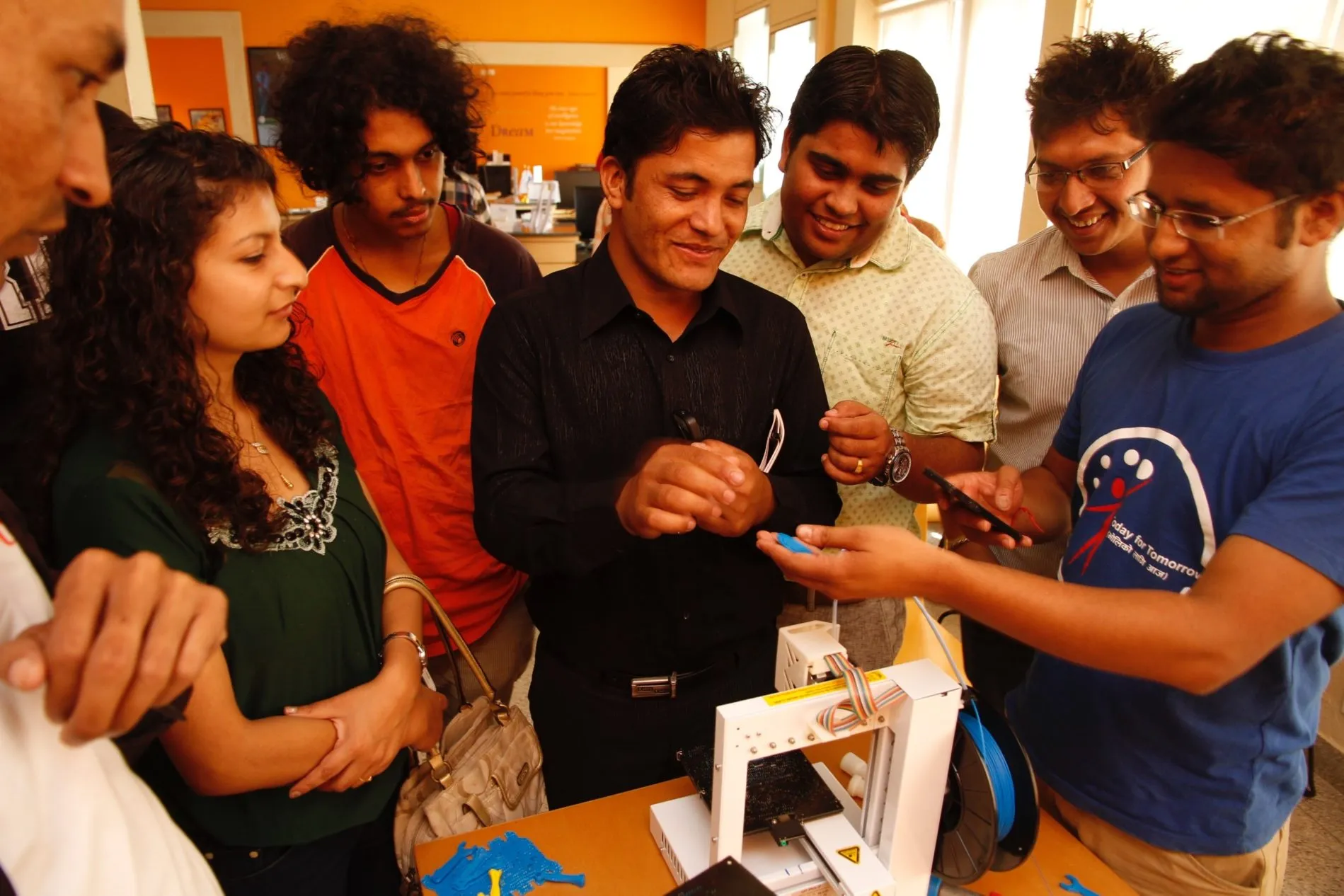Final Report: Rapid manufacturing - Refining the Approach
Output type
Report
Location
No items found.
Focus areas
No items found.
Topics
No items found.
Programme
Humanitarian Innovation
Organisations
Field Ready


This project aimed to transform the way humanitarian logistics are done by disrupting and improving supply chains through the use of technology, especially 3D printers (3DP), engaging and training local people in this approach. 3DP provides one way to disrupt the current challenges of providing relief programmes with the right supplies and may also help overcome barriers to importation that governments sometimes impose. International humanitarian response has yet to take full advantage of the opportunities afforded by such recent technological advances.The final report for the Development stage of this project provides information on the methodology, activities, outputs, impact and dissemination of learning.
No items found.
Attachments
Other resources
explore all resources
Gaza risk reduction and mitigation
‘The response is like a big ship’: community feedback as a case study of evidence uptake and use in the 2018–2020 Ebola epidemic
Improving mental health and psychosocial wellbeing in humanitarian settings: reflections on research funded through R2HC